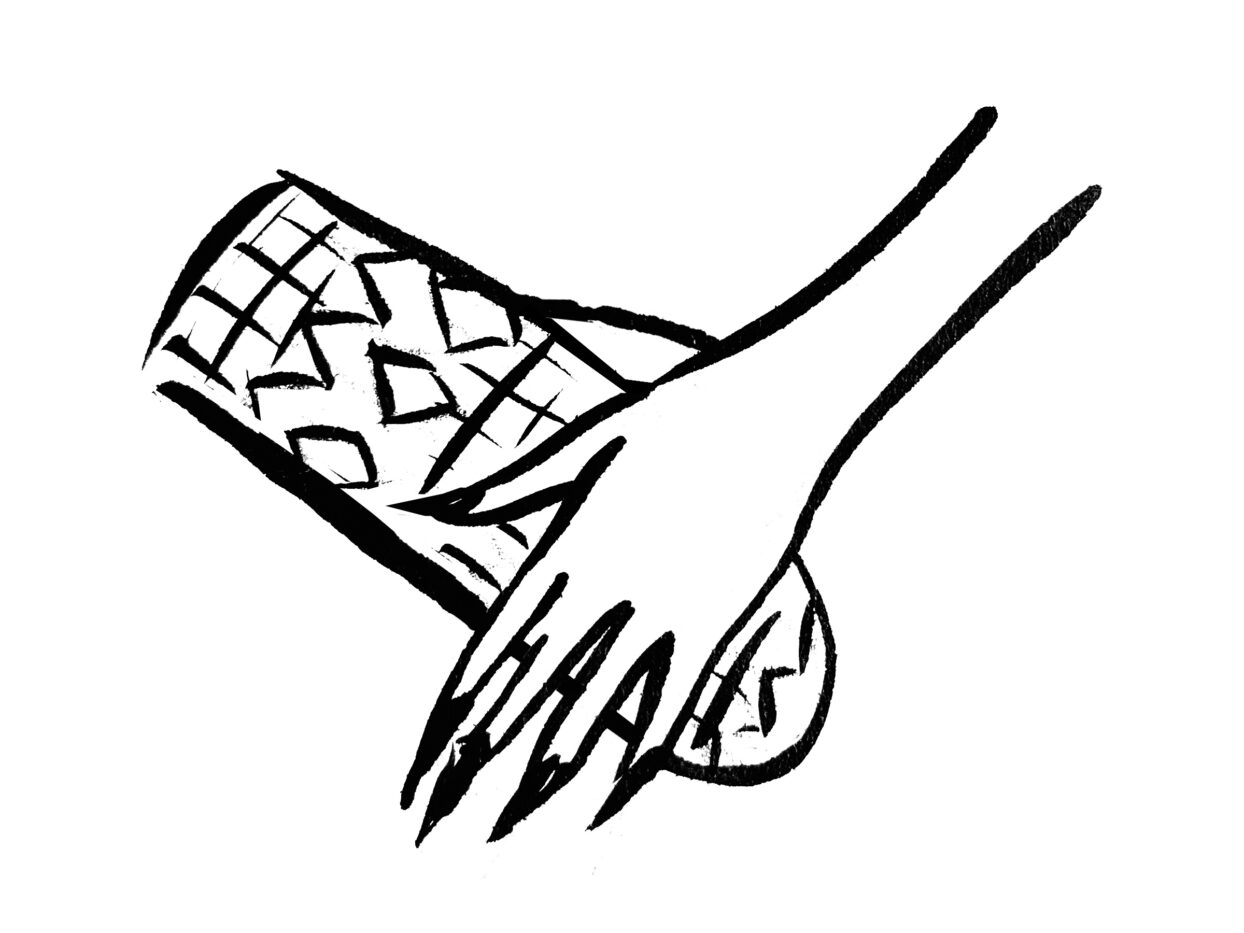
Illustration by Ivy Sanders Schneider

Illustration by Ivy Sanders Schneider
In January 2020, women began tweeting out selfies under the hashtag #HotGirlsForBernie, posing in bikinis or leaning suggestively towards their phones in low-cut tops. Countering years of baseless claims that Bernie Sanders had a “woman problem” — recall Gloria Steinem’s glib dismissal of his female supporters as merely boy-crazy — his female supporters used the meme to assert a distinctly socialist-feminist line. “if u wanna be hot, just be hot!” tweeted hashtag co-creator Hadiya Afzal. “if you want Medicare for all, just vote for @BernieSanders!” Those no-brainer conditionals hid an interesting tension. In advocating Medicare for All, Sanders argued that health care was a universal human right. But did anyone have the right to be hot?
Sanders himself was no one’s idea of a hot girl; if anything, his disheveled form was an amusing picture of social realism next to Cardi B’s claws or AOC’s lipstick. Indeed, in his hot girls’ ironic posture online, one could detect the anxious intuition that there was something inherently undemocratic about hotness that simply did not comport with Sanders’s democratic socialism. The redistribution of wealth will be far easier than the redistribution of beauty; at very least, wealth must go first.
As a book critic, I can support the redistribution of opportunities, resources, and book deals; but there will always remain a genuine question of taste: is the book any good? I suspect that if, come the revolution, we want to hang on to the idea that some people really are better writers than others, then we will also have to admit that some people really are better-looking than others — even if, in both cases, we can rarely agree on which ones or why. This is rather the point. When beauty announces itself, it does not provide references. That, it leaves to us.
Andrea Long Chu is the book critic at New York magazine.